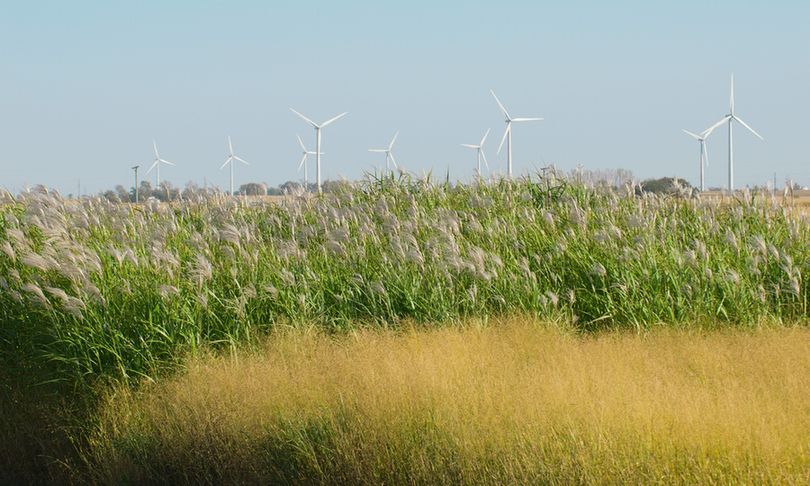Becca Taylor
@beccataylorecon.bsky.social
460 followers
430 following
9 posts
Assistant Professor at UIUC, ACE
Environmental Econ; Consumer Behavior; Food Policy
https://www.rebeccataylor.site
Posts
Media
Videos
Starter Packs



